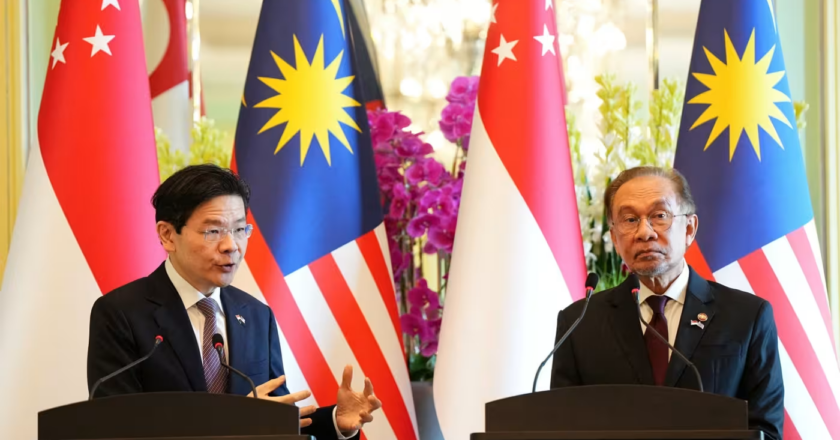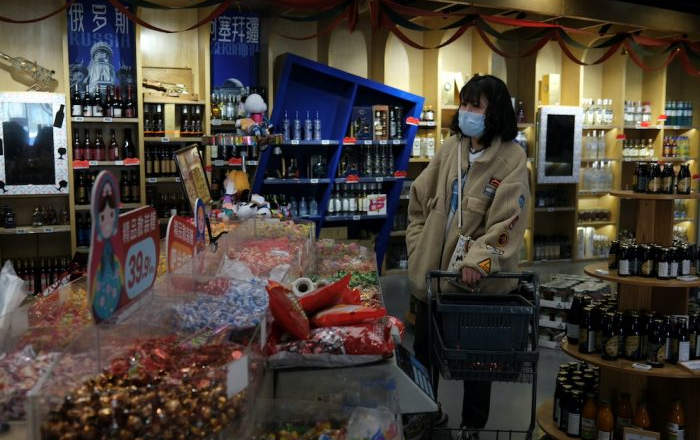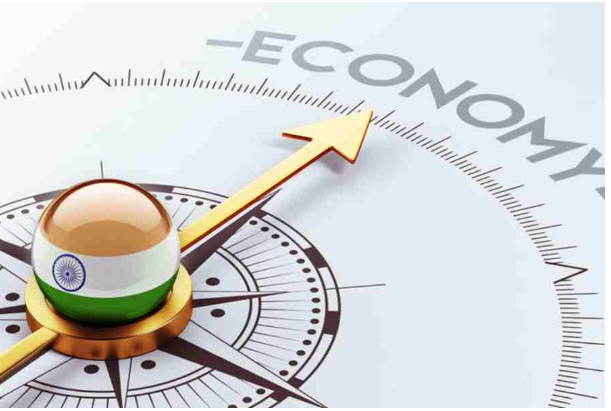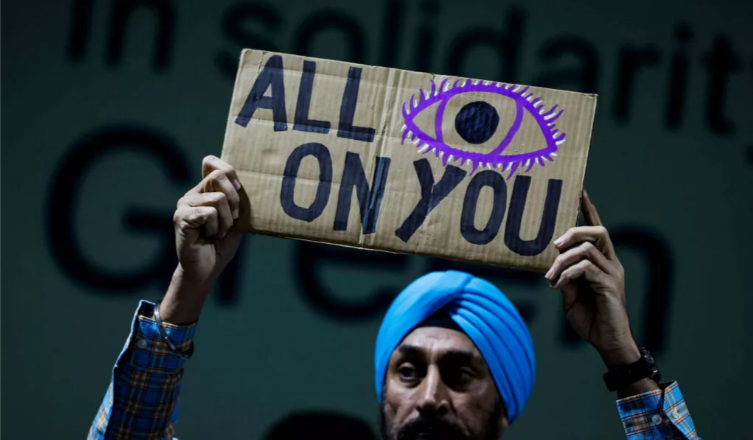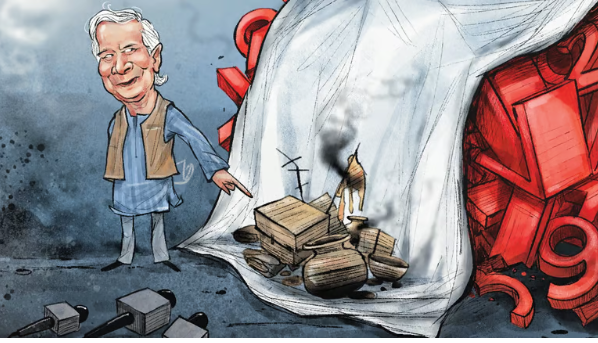HSBC increases its focus on Asia while reducing its operations in the West.
HSBC is intensifying its commitment to Asia by scaling back its investment banking operations in Western markets, a move that aligns with its long-term strategy of prioritising growth in the region.
According to Reuters, the bank announced plans to wind down its mergers and acquisitions (M&A) and equity capital markets (ECM) divisions in Europe and North America, reinforcing its emphasis on serving Asian corporate clients.
HSBC focuses on AsiaEarlier this month, HSBC chairman Mark Tucker (pictured) led a British business delegation to Beijing, where he spoke at the UK-China Financial Services Summit.
Addressing Chinese Vice Premier He Lifeng, Tucker highlighted the importance of continued economic collaboration. The visit came amid HSBC’s ongoing efforts to strengthen ties wi...

